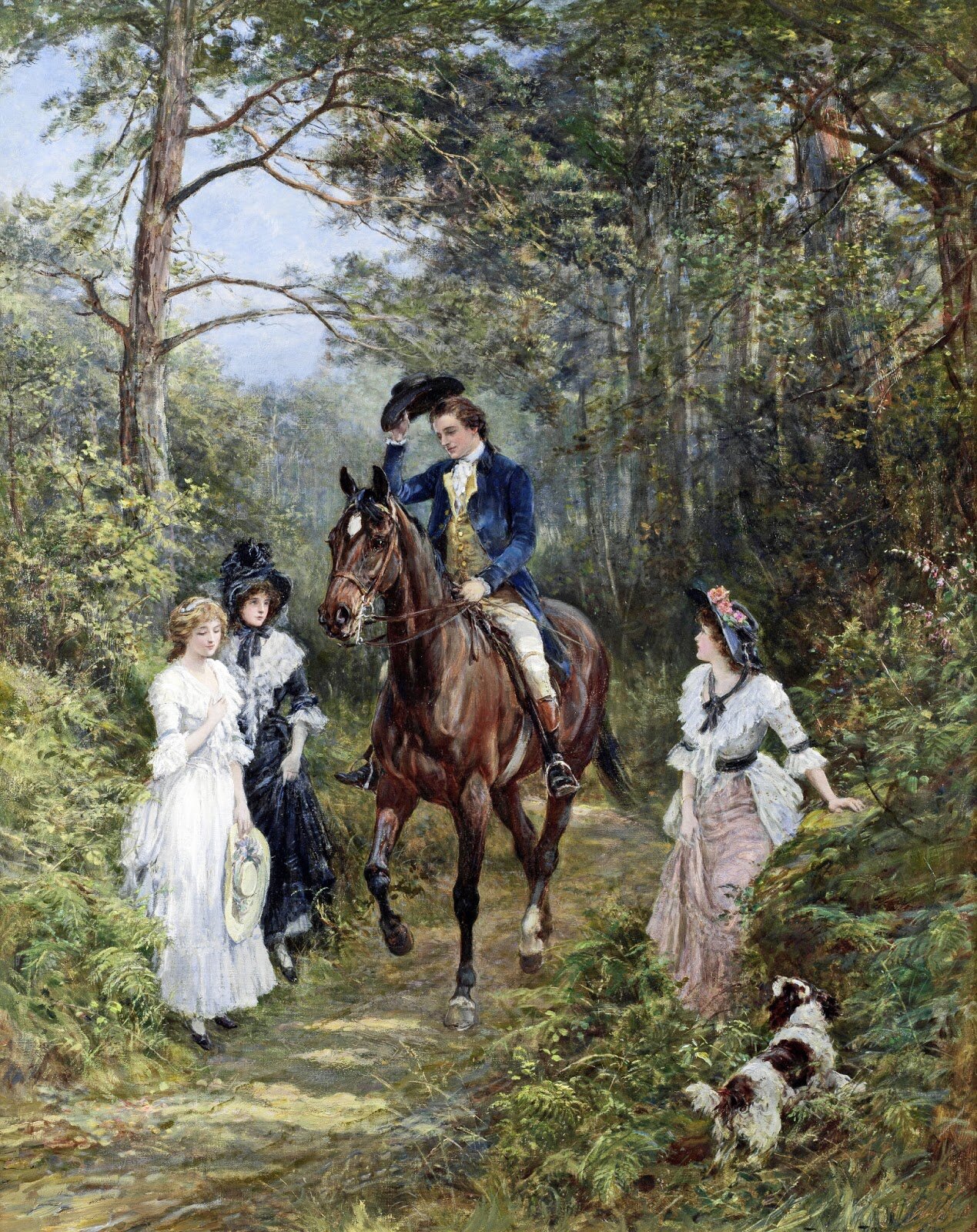Evelyn De Morgan, Hope in the Prison of Despair
An honest couple do the best they can amid the squalor and vice of the slums.
William Gilbert (1804-1890), father of W.S. Gilbert (of Gilbert & Sullivan), wrote some twelve novels, many, like this one, about the London poor, whose miseries are narrated in a breezy, unsentimental tone, with much wry humor.
“In this story Mr. Gilbert never introduces ‘high life,’ nor people of the better class. He reveals the mysteries of ‘London labour and the London poor’ in a low metropolitan neighbourhood, and all through the book we get no distinct peeps at any higher social condition. To interest the general reader in such revelations requires great skill, pathos, and power. Mr. Gilbert commands them all, and combines with them, in his writing, a deep, true knowledge of human motive and action. . . . That Mr. Gilbert is a true artist we cannot but admit, for out of the simplest details of low life he produces characters whose very vividness enchains the attention. He is amongst novelists a realist. Neither imagination nor caricature influences his portraiture. Men, women, and children are precisely what he sees them to be, and his vision is correct, his judgment true.” Manchester Guardian, February 28, 1865
“‘De Profundis’ is an excellently written, unvarnished narrative. . . . The style well becomes the subject—plain, earnest, unaffected, and with an admirable quaint simplicity of language in relating the most heart-rending details, which is more effective than the most studied artificial effects, as it is perhaps more rarely attained to. . . . We have never read a story of humble life so well and unaffectedly told as this, and we recommend it as a wholesome contrast to the pictures of vulgar splendour and luxury under which our tables groan.” Westminster Review, April, 1865
Download this week’s novel:
http://solo.bodleian.ox.ac.uk/permalink/f/89vilt/oxfaleph014418947




















